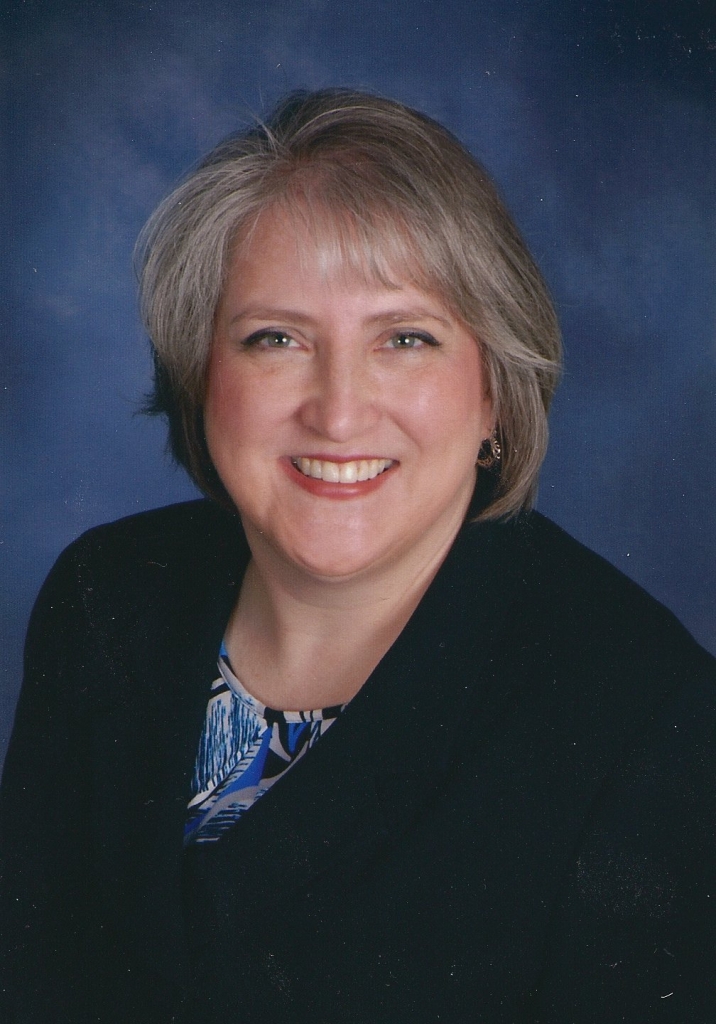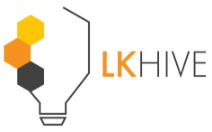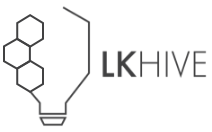Jane Hermansen
Manager, Outreach and Network Development, Mayo Clinic Laboratories

What does innovation in Health IT mean to you?
When you use the term "innovation," many expect to see a wild, out-of-this-world transformation. However, I believe the most effective innovation stems from small improvements to current products, building new ideas on existing foundations. Doing this allows us to stay ahead of our rapidly changing healthcare environment so that employees will more readily adopt the new technology.
Innovation in Health IT is leveraging technology to improve healthcare overall for patients, providers, and employees. Improve the employee experience by automating time-consuming processes by inserting quality and safety measures to reduce errors. Improve the provider experience by integrating longitudinal data to enable them to better care for patients. Both improve the patient experience by enabling them to access their data and empower them to be more engaged in managing their own health.
What made you become involved in healthcare technology?
In the medical laboratory industry, we generate 70% of the patient medical record's objective data. This data drives the decisions that can save patient lives. Laboratory professionals manage scientific processes, but the final product of their work is data.
Early in my career, I worked directly in the laboratory as a medical laboratory scientist. I was continually fielding calls from providers struggling to find the data, understand patient data trends, interpret the data, or decide how to treat the patient based on the data. If our laboratory data wasn't delivered efficiently to the provider and clearly presented in a way that enabled patient care, it was wasting time and resources across our healthcare system. I shifted my mindset from healthcare IT being a "computer function" to providing a mechanism that delivers and presents laboratory data in a manner that enables providers and laboratories to work more effectively. Healthcare technology transforms data into meaningful information that drives patient care. It is not a number. It is a patient.
What do you believe is the biggest challenge facing leaders in the healthcare sector?
Prior to the pandemic, the medical laboratory industry's challenges centered around maintaining adequate staffing, managing costs, staying abreast of scientific developments despite ever-changing regulations, and demonstrating value to senior leadership.
COVID-19 forced new priorities and drove rapid responses. Due to the prominent role of diagnostic testing during this crisis, leadership recognized and valued the laboratory industry's contributions. Unfortunately, the other challenges remain, but I see technology as a solution to each of them. Appropriately deployed, technology-based solutions can reduce staff effort, enable the adoption of future technological advancements, reduce overall healthcare costs, and ensure regulatory compliance.
What is the most rewarding part about being in the healthcare industry?
Healthcare is a noble profession. Growing up, I had an affinity for science and mathematics. I also had a desire to help others, and healthcare seemed to be the best way to use my talents and align them with my values. In many healthcare roles, we are removed from the patient bedside and do not see our work's direct impact. For me, it is just as rewarding to be a contributing member of the healthcare IT team and know I have influenced a patient outcome.
Over my 35-year career, I have seen such tremendous advances in technology. It sometimes feels like I'm working in a different industry. Technology has enabled providers to deliver faster, more accurate, safer care, and we are making a difference in improving patient outcomes. We are becoming increasingly adept at using data to drive better patient care through integrated and portable medical records. By putting data in our patients' hands, they are more empowered and engaged in managing their health. And I am very excited about the opportunities yet to be realized through leveraging Artificial Intelligence to look at our data differently. One of my mentors used to describe practicing medicine as an art. The role of data is to "add precision to prophesy." Our data enables providers to heal patients and change lives. My childhood goal to help others and make a difference has become a reality. I can't wait to see what the future holds.


